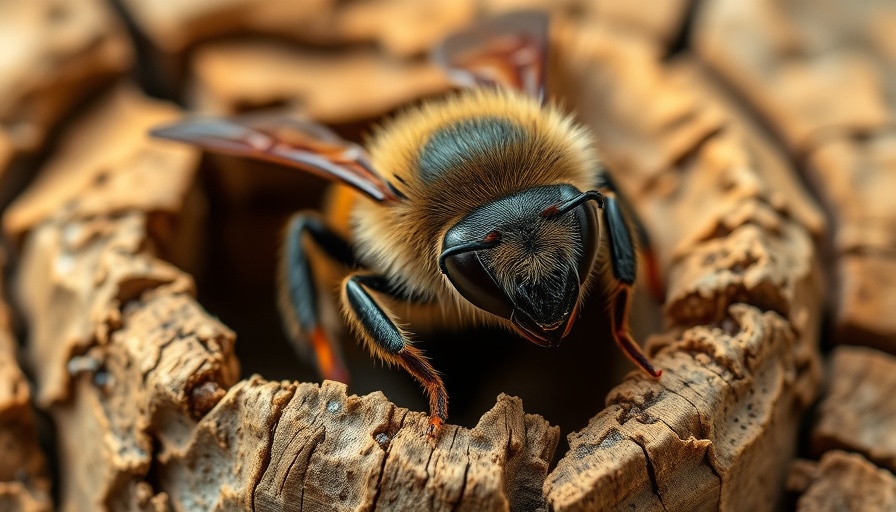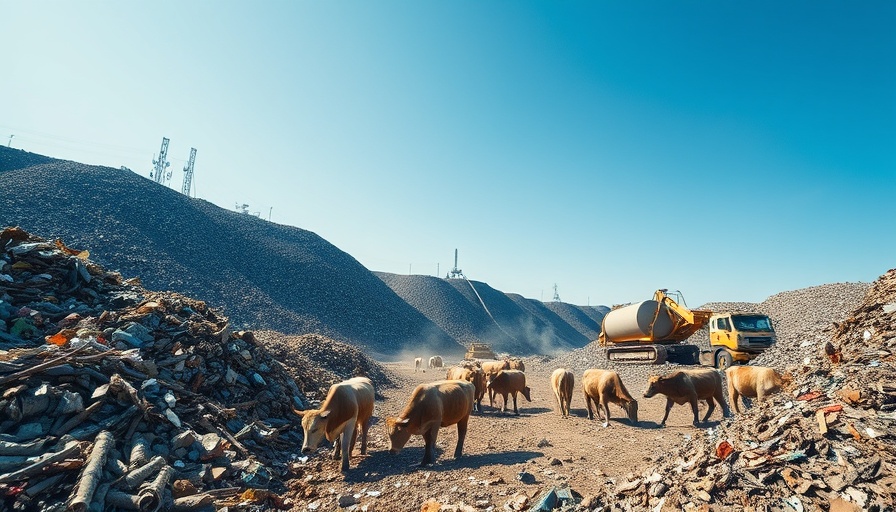
Bee Hotels: A Lifeline for Pollinators after Wildfires
As global wild pollinator populations face alarming decline—challenged by escalating climate-fueled wildfires—new strategies for restoring these essential species are urgently needed. Bee hotels, innovative nesting structures designed for cavity-nesting bees, offer hope. Recent research from Dr. Kit Prendergast and her team at the University of Southern Queensland reveals how these hotels can aid native bee recovery post-wildfires, presenting an exciting opportunity for ecological restoration.
Understanding the Impact of Climate Change on Pollinators
Climate change intensifies the frequency and severity of wildfires, which profoundly disrupt ecosystems. In Australia, unique habitats like the Jarrah forests commonly suffer from such devastating fires. These events exacerbate the vulnerability of native bee populations who are critical for pollination duties, linking them directly to wider biodiversity and food security. As Dr. Prendergast notes, investment in restoring the health of pollinator communities is vital for the recovery of flowering plants, which depend on these species for reproduction.
The Science Behind Bee Hotels
In their study, Prendergast and her team constructed 1,000 bee hotels made from sustainable materials such as bamboo and PVC piping. These structures were placed strategically in fire-affected areas to observe if they could facilitate the restoration of native bee species. The results were promising; over the seven-month study, all bee hotels were occupied, with more than 800 native bees taking residence. This confirmed that properly designed bee hotels can accelerate the recovery process by offering safe nesting locations amidst habitat destruction.
Wildflowers and Pollinators: A Critical Relationship
Plants and their pollinators share a symbiotic relationship, one that becomes particularly fragile after events such as wildfires. Native bees are often the most effective pollinators for wildflowers. By facilitating their recovery through establishment of bee hotels, larger ecosystems can recover too. Increased bee activity around these structures highlights the need for ongoing support for native pollinator populations following ecological disturbances.
Strategies for Supporting Local Pollinator Populations
Integrating bee hotels into backyard gardens not only simplifies the process of caring for native bee populations but also encourages community engagement. Homeowners can directly contribute to pollinator recovery by setting up their own bee hotels. This not only aids in local ecological restoration but fosters awareness about biodiversity as a whole. In cities and rural areas alike, simple actions can have vast ecological ripples that promote resilience among native species.
In summary, enhancing awareness and embracing initiatives like constructing bee hotels can significantly support pollinator recovery efforts after wildfires. The use of scientifically-backed methods enhances biodiversity and allows individuals to participate actively in conservation.
 Add Row
Add Row  Add
Add 



Write A Comment